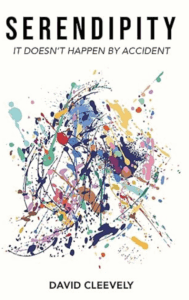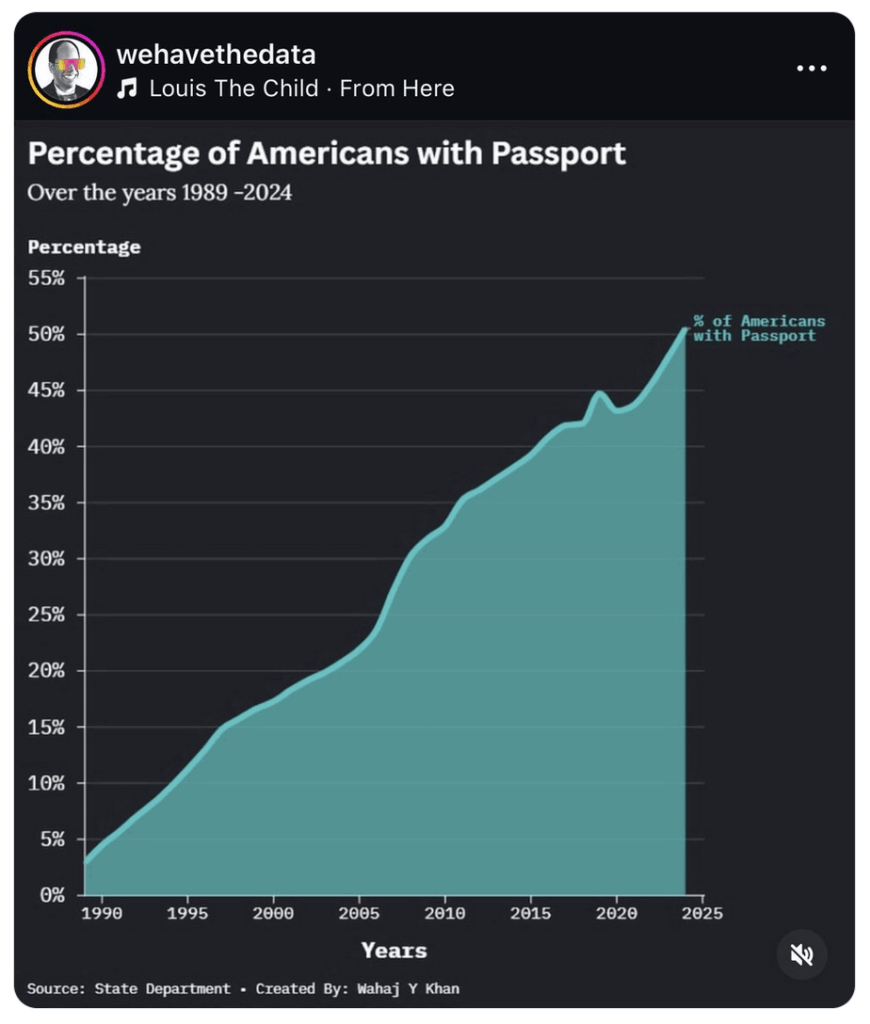Pictures from an Exhibition

If you’re a photographer, Arles is the place to be in July and August every year.
Quote of the Day
“The key issue that unites all the problems of AI is the choice of objectives that AI pursues, and the question of who controls these objectives. Control of these objectives is determined by control over the resources that are required for building AI — data, computational infrastructure, technical expertise, and energy. I call these resources the means of prediction.”
- Maximilian Kasy, in the foreword of his forthcoming book, The Means of Prediction
This is spot on for the story of what Britain’s Labour government is now trying to do with AI. The original socialist ambition was to gain public control of the means of production. Now Starmer is moving to hand over control of the means of prediction to a small number of US corporations.
Musical alternative to the morning’s radio news
Greenshine | Sandy River Belle
Lovely tune, recorded in a bar in Cork, so audio quality suffers a bit. But it has the atmosphere of a live gig. The Big Sandy River marks the border between West Virginia and Kentucky, then flows into the Ohio, so there are hundreds of versions of the tune — in the US and beyond.
Long Read of the Day
Academia: The Questions Are Big! It’s the Curricula That Got Small
If, like me, you work in Higher Ed and are interested in the current discourses about ‘AI’ in the classroom, then this essay by Timothy Burke is a must-read. It builds on a remarkable draft paper by T.J Kalaitzidis which argues that AI exposes what was already broken about higher education, especially in institutions that claim they’re built around the idea of “liberal arts”. If that is indeed the case (and personally I believe that it is) then any institutional or academic response which assumes that things can continue as they were before the arrival of this technology is doomed to failure.
Most of us force students to quickly commit to the course of study that a discipline offers and then, as
[Kalaitzidis]] puts it, “enforce behaviorism”, e.g. to perform the signs of disciplinary commitment in advance of actually being able to reflectively consider or understand that discipline, and those signs turn out to be measurable repetitions of what the discipline knows and does, so that we can prove via tests, grades, metrics and assessments that the discipline has been learned step by step, in measured increments. Kalaitzidis writes, ““Assessments measure retention, reproduction, and formal compliance. Rubrics reward correctness within predefined bounds. Curricula scaffold students towards compliant outcomes, not transformative ones…despite overtures to critical thinking, students find success in stimulating insight, not generating it. Successful students understand the game and play it well.”
They do. Which is why they think ChatGPT and its ilk are terrific.
So many books, so little time
The Economist has a nice essay (behind its paywall) about why Ernest Hemingway “remains the most famous American novelist of his century, judged by mentions in Google’s corpus of books. His Wikipedia page also gets more views than those of his contemporaries, including F. Scott Fitzgerald and John Steinbeck. Why?”.
Three factors, according to the Economist:
- Nobody had written like him before.
- His heroes attracted famous admirers — including, apparently, JFK.
- His life had a legendary arc: married four times; drank hard; feuded with rivals; was wounded in the first world war; reported on the Omaha Beach landings in the second; ran with the bulls in Spain; and survived a plane crash in Africa.
Linkblog
Something I noticed, while drinking from the Internet firehose.
- Tom Lehrer’s Copenhagen concert
It’s long (50 minutes) and wonderful, but a good way to remember him at his peak. Forget about culture wars and enjoy the satire. Think of it as an hour well spent.
This Blog is also available as an email three days a week. If you think that might suit you better, why not subscribe? One email on Mondays, Wednesdays and Fridays delivered to your inbox at 5am UK time. It’s free, and you can always unsubscribe if you conclude your inbox is full enough already!















